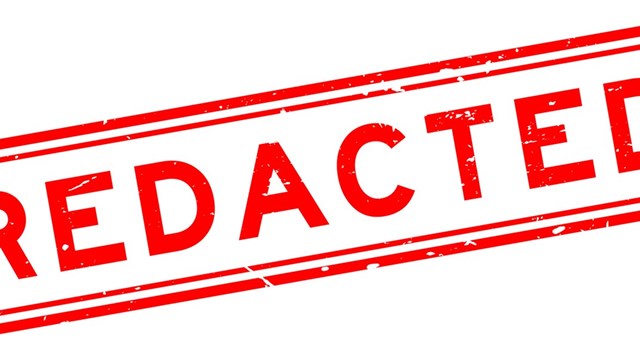
Q. Many owners have questions about what happens at the monthly board meetings. Our board refuses to release any meeting minutes to the owners. Also, the board has told me that they do not record in the minutes who voted for what. Can they do that?
—Does This Violate Our Rights?
A. “A condominium association,” says attorney Charles T. VanderVennet of the Law Office of Charles T. VanderVennet, P.C., in Arlington Heights, “must maintain [minutes] for the immediately preceding seven years, and make available for unit owner examination true and complete copies of minutes of all association and board meetings [Illinois Condominium Property Act, Section 19(a)(4)]. Non-condominium associations must keep minutes of all board meetings on file for not less that seven years [Illinois Common Interest Community Association Act, Section 1-30(i)(iii)]. As such, this answer applies to both condominium and non-condominium associations.
“Keep in mind that minutes are not minutes until they have been approved. Boards approve board meeting minutes, and owners approve minutes for association or unit owners’ meetings. So in the weeks following a meeting, there technically are no ‘minutes’ for that meeting for the owners to see. Proposed language clearly marked ‘DRAFT’ or ‘PROPOSED’ can be made available to inform the owners about what transpired at the meeting, but that approach is not required by law, and it must be understood that the text might change during the correction and approval process. The best way to know what happened at a meeting is to have attended the meeting.
“Many years ago, I heard the phrase ‘minutes are minutes – not hours’ and learned what it meant. Minutes do not provide a transcript of what was said during a meeting, nor do they summarize each and every comment made. Minutes give the reader basic facts about the meeting, including the identity of the body that is meeting; the date, time, and place of the meeting; who was in attendance; and what action was taken at the meeting. Parliamentary procedure provides many options for compiling the information about what happened at a meeting into minutes. Typically minutes recite the motion, who made and seconded it, and the result of the vote. The vote can be reported as a declaration of the chairperson that the motion carried or not whether by voice vote, a show of hands, a roll call, ballot, or consent without objection. Indicating how each of the participants voted on a matter would be based on a ‘division’ of the body—a roll call vote. Unless an association has adopted internal policies mandating roll call votes, there is no need for a ‘division’ on all votes.”









Leave a Comment